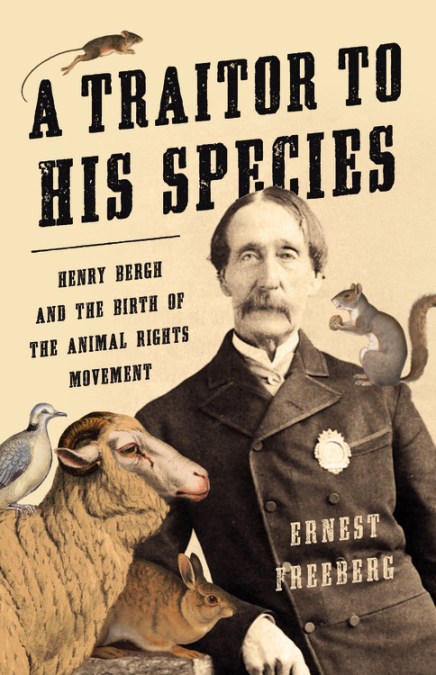The Rose Library will host a virtual discussion about Pellom McDaniels III, who passed away suddenly earlier this year. The event will begin with the debut film screening of “Flash Here and There Like Falling Stars: The Life and Work of Dr. Pellom McDaniels III,” about his life, contributions, and work as curator of the Rose Library’s African American collections.
Following the film, current and former members of the Emory community who worked closely with McDaniels and were deeply informed by his vision and generosity will discuss his legacy and impact on multiple communities. Rose Library director Jennifer King will moderate the discussion with: Dwight Andrews, associate professor of music theory and African American music at Emory; Clint Fluker, assistant director of engagement and scholarship at the AUC Robert W. Woodruff Library; and Randall Burkett, retired curator of African American collections at the Rose Library.
The free and online event is Wednesday, September 9, 2020, 2 – 3pm EDT. Please register here: Register for the online event.
